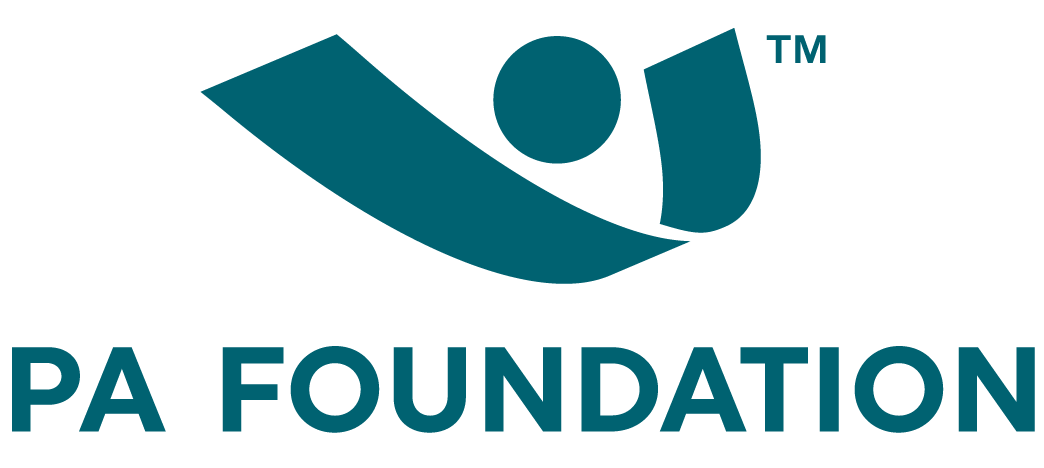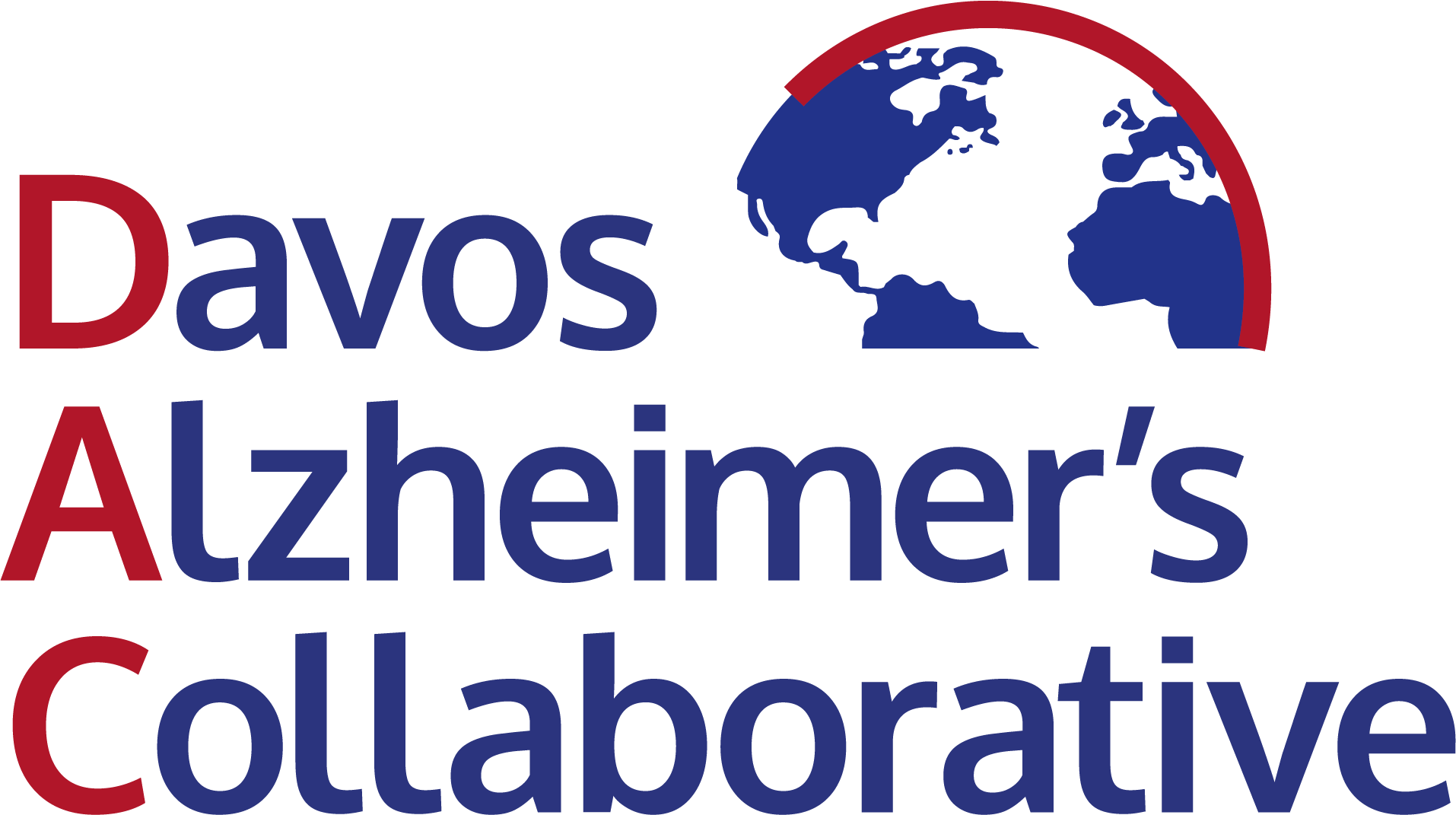Cognitive Assessment Toolkit
Tools for Early Identification of Mild Cognitive Impairment
Identify cognitive impairment in its early stages with the Cognitive Assessment Toolkit. Healthcare providers across specialties and practice settings will find the resources and develop skills they need to conduct cognitive assessments.
Overview
Alzheimer’s and cognitive decline are among the most prevalent healthcare issues facing the U.S. According to the Alzheimer’s Association, more than 6.7 million Americans currently live with Alzheimer’s. The CDC estimates the number of Americans living with Alzheimer’s will nearly triple to 14 million by 2060.
To increase early detection of cognitive decline, AAPA and the PA Foundation partnered with Cleveland Clinic to develop and launch a cognitive assessment toolkit through the support of a grant from the Davos Alzheimer’s Collaborative. The Toolkit equips healthcare providers across specialties and practice settings with the skills and resources needed to identify cognitive impairment in its early stages.
By engaging with the Toolkit materials, healthcare providers should be able to:
- Discuss the AD8, Mini-Cog©, and MoCA cognitive screening tests including strengths, weaknesses, administration, and training requirements for each.
- Select, administer, and interpret an appropriate cognitive screening test.
- Differentiate among normal aging, mild cognitive impairment, and dementia.
- Discuss abnormal screening results with patients and caregivers and address their concerns.
- Collaborate with patients and families around lifestyle approaches to address modifiable risk factors for dementia.
What’s in the Toolkit?
The toolkit contains the following self-paced learning modules:
- Cognitive Screening: AD8 | 0.25 Credits
- Cognitive Screening: Mini-Cog© | 0.25 Credits
- Cognitive Screening: MoCA | 0.25 Credits
- Understanding Cognitive Impairment: Overview for All in the Healthcare Team | 0.50 Credits
- Approaching and Assessing Cognitive Complaints: MCI and Dementia | 0.50 Credits
- Cognitive Impairment: Prevention and Lifestyle Modifications | 0.50 Credits
- Managing the Conversation Around Cognitive Screening | 0.50 Credits
- Discussing the Diagnosis of Mild Cognitive Impairment, Alzheimer’s, or other Dementias | 0.50 Credits
- R.E.D.E. to Communicate®: Foundations of Healthcare Communication | 1.75 Credits
- Brain Health and Wellness Shared Medical Appointment (SMA)| 0 Credits
Additional Tools & Resources
Resources for Clinicians
Resources for Patients
Handouts for Supporting Brain Health & Wellness
-
- Avoiding Foods That Are Harmful to the Brain (PDF)
- Brain Changes Associated With Cognitive Impairment and Dementia (PDF)
- Food Choices That Can Fight Mild Cognitive Impairment (MCI) and Dementia (PDF)
- MIND Diet Guidelines (PDF)
- Examples of Physical Activity (PDF)
- Physical Activity Guidelines (PDF)
- Meditation and Relaxation Practices (PDF)
- About Sleep (PDF)
- Keep the Brain Engaged (PDF)
Toolkit in the News

About the American Academy of Physician Associates (AAPA)
AAPA is the national membership organization for all physician associates/physician assistants (PAs). PAs are licensed clinicians who practice medicine in every specialty and setting. Trusted, rigorously educated and trained healthcare professionals, PAs are dedicated to expanding access to care and transforming health and wellness through patient-centered, team-based medical practice. PA has been named one of the best jobs overall and one of the best healthcare jobs for the sixth year in a row by U.S. News & World Report The PA profession ranked number three this year in Best STEM jobs. Learn more about the profession at aapa.org and engage through Facebook, LinkedIn, Instagram, and Twitter.

About the PA Foundation
The Physician Associate Foundation is a national nonprofit organization that promotes better health and wellness by providing PAs and PA students with philanthropic opportunities and resources. It is the philanthropic arm of the American Academy of PAs (AAPA), representing a profession of approximately 168,000 PAs across all medical and surgical specialties in all 50 states, the District of Columbia, U.S. territories, and the uniformed services.

About Davos Alzheimer’s Collaborative (DAC)
The Davos Alzheimer’s Collaborative (DAC) is a global partnership of like-minded organizations that is mobilizing the world against Alzheimer’s disease. Advised by leaders in science, finance and healthcare, DAC is working with international organizations, governments and the private sector to accelerate innovation and deliver solutions around the globe.

About Cleveland Clinic
Cleveland Clinic is a nonprofit multispecialty academic medical center that integrates clinical and hospital care with research and education. Located in Cleveland, Ohio, it was founded in 1921 by four renowned physicians with a vision of providing outstanding patient care based upon the principles of cooperation, compassion and innovation. Cleveland Clinic has pioneered many medical breakthroughs, including coronary artery bypass surgery and the first face transplant in the United States. Cleveland Clinic is consistently recognized in the U.S. and throughout the world for its expertise and care. Among Cleveland Clinic’s 77,000 employees worldwide are more than 5,658 salaried physicians and researchers, and 19,000 registered nurses and advanced practice providers, representing 140 medical specialties and subspecialties. Cleveland Clinic is a 6,699-bed health system that includes a 173-acre main campus near downtown Cleveland, 23 hospitals, more than 275 outpatient facilities, including locations in northeast Ohio; southeast Florida; Las Vegas, Nevada; Toronto, Canada; Abu Dhabi, UAE; and London, England. In 2022, there were 12.8 million total outpatient visits, 303,000 hospital admissions and observations, and 270,000 surgical cases throughout Cleveland Clinic’s health system. Patients came for treatment from every state and 185 countries. Visit us at clevelandclinic.org. Follow us at twitter.com/ClevelandClinic. News and resources available at newsroom.clevelandclinic.org.